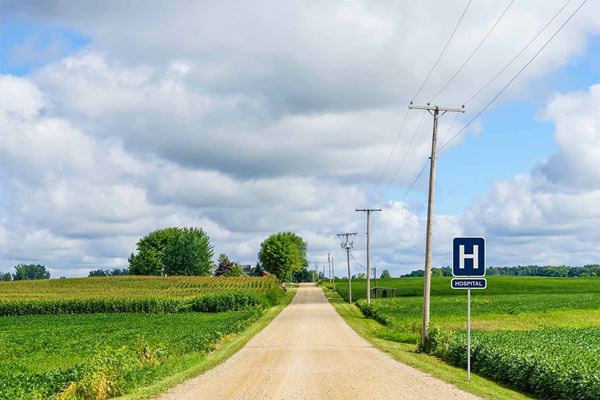
High-speed internet offers key connection to health, but millions lack it
Aug 5, 2020
The coronavirus pandemic has helped make the importance of telehealth clear. But without fast internet, many people in the United States are missing out.

Small towns have a big problem with health care. But they also have the resilience to meet the problem. People in rural communities live almost three years fewer than urban and suburban dwellers, and they’re more likely to develop heart disease or have a stroke.
The reasons are varied and not always understood.
Higher rates of tobacco use, physical inactivity, obesity, diabetes and high blood pressure increase the risk for serious diseases. Rural communities face severe shortages of health care professionals. They may live a long way from hospitals or clinics. Or they may reside in “food deserts,” remote from reliable access to healthy food.
Even so, the advantages of rural life, including a strong sense of connection, of neighbors helping neighbors, provide a sturdy foundation for overcoming these health disparities.
The AHA has issued a Presidential Advisory identifying rural health challenge as one of three main barriers to health equity and is making a wide-ranging effort to address it in close cooperation with communities that are affected.
The Advisory highlights these urgent needs:


Improving care at hospitals and clinics with no-cost access to Get With the Guidelines® programs for coronary artery disease, heart failure and stroke.

Enlisting service-minded people to work in rural communities to improve heart health.
HeartCorps is a service opportunity for those interested in driving health equity in rural America with the AHA.

Funding $20 million in projects to find fresh solutions to the issues.

Aug 5, 2020
The coronavirus pandemic has helped make the importance of telehealth clear. But without fast internet, many people in the United States are missing out.